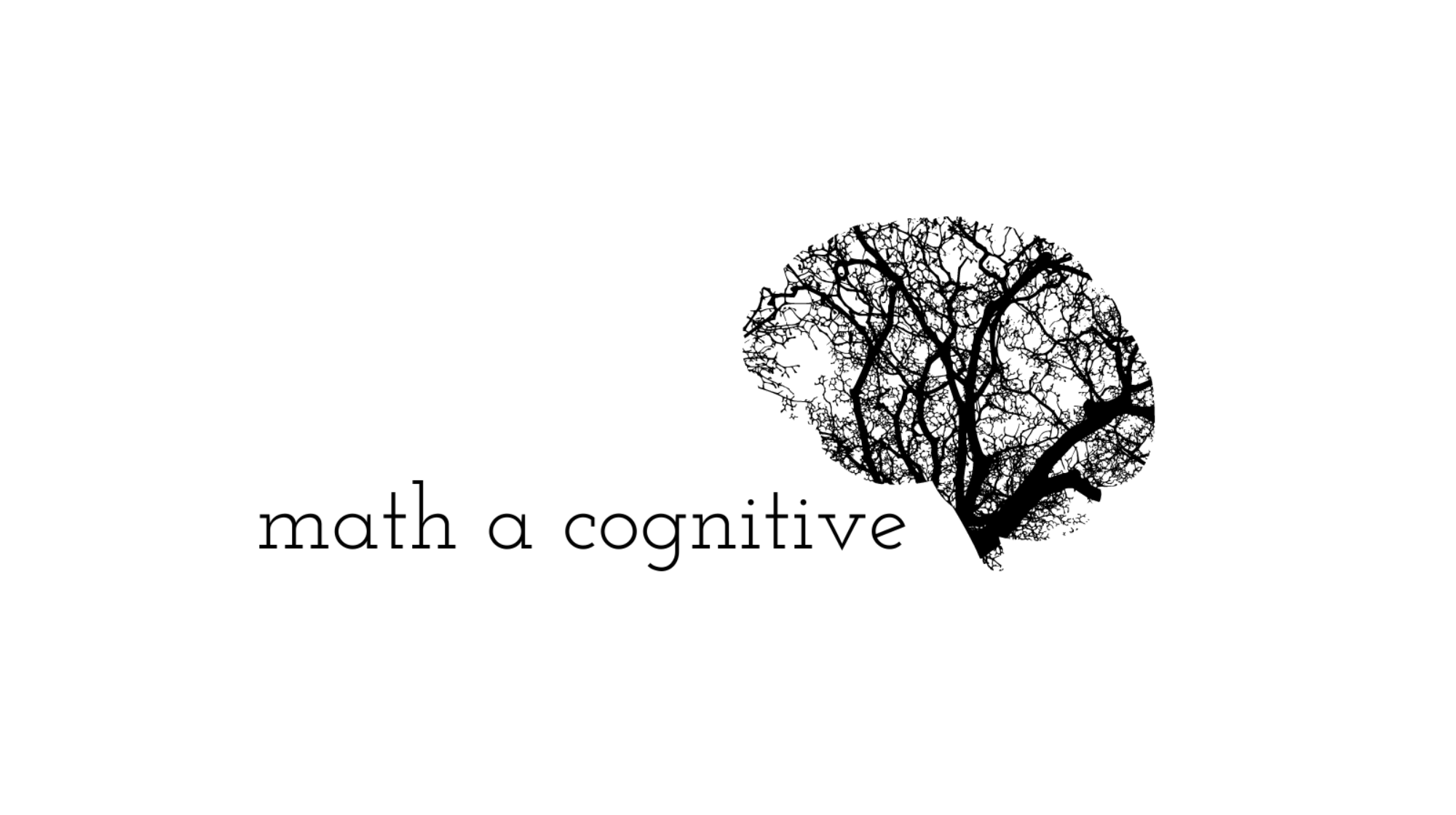I am not, generally speaking, a fan of making videos. (Or, often, of slide decks)
I feel self conscious on video, and do too many takes, and I’m not even really a video-watching fan, and we’re doing zoom sessions anyways, and, well, it’s just not my favorite thing.
But, when I started planning for this year, I knew there was one video I would definitely be making: a screencast of the my “Wish my Students Knew” presentation.
I’ve been trying to figure out how we establish a classroom culture, when we don’t have an actual classroom. It’s puzzling, but core values still seem like the place to start.
Originally Published Feb. 2018, updated fall 2020
I kind of knew what I wanted in a classroom culture: support, and listening, and welcome, and a palpable belief in every student. But, I wasn’t always sure how to create it. I would not have guessed part of the answer was PowerPoint.
I had been using ‘What I wish my teacher knew….’ to start my classes. I love this. It’s beautiful, and valuable, and works at least as well for centering the teacher (and reminding me why I do this!) as it does for giving voice to the students.
So, as I pondered all of the misconceptions, and information gaps, and misunderstandings about math learning that my students started with, I added, ‘What I Wish my Students Knew…’.
A dozen or so slides with some key ideas that I share in some form or fashion every first week. It’s my chance — before we start with the variables and the word problems, in the middle of the attendance policies and school calendars — to tell them what I think is really important to know about math class. (And to start to debunk a few things many think they know)
It doesn’t create a culture by itself, but it sets a nice foundation. They know where I stand, and what I believe.
I’ve been adding to it as I think of new wishes, and playing with the presentation format. I’ve given this as a straight-up powerpoint, a gallery walk, a read-around, had pairs look at a few slides, and now, a video.
And, if some administrator ever comes looking for a teaching philosophy, this might be what I hand them.
So, without further ado (but with commentary)

I wish my students knew…
… Everyone can learn math. (They are often fairly certain that this is not true, at least as applied to them.) (( If they learn this, I don’t care if they learn another thing))
… But we don’t all learn the same way, or at the same pace. And that’s ok
… I hated my math class in high school. (I often talk about Mr. B – -, whose teaching style combined with the difficulty but apparent irrelevancy of cosines to my life, to convince me that I wasn’t a math person) ((I hope they hear “I can empathize”))
… Turns out I don’t mind math as an adult. And I love teaching it. (I hope they hear, ‘it can change’)
…You don’t have to like math to learn it. … But it feels really good when you get something that you thought was hard. (Those moments are the reason I keep doing this job)
… Most of math looks scary… until you learn it. (I’m a big fan of exposure therapy for math anxiety “Look at this thing we’re going to do today….” …”Hey, nice job, maybe that crazy-looking thing wasn’t so bad)
… You really learn math when you do math. Not when you listen to or watch me do math. (So, no, we’re not going to sit in rows facing the board)
… You’re learning the most when you’re working on something that you can just about figure out, but it’s still kind of hard.
… Mistakes happen. Even to me. And it’s no big deal (I put mine on the board for all to see)
… Checking your answers helps you learn. If you do more than mark it right/wrong, and instead figure out how to fix your mistakes. (Answer keys are a fixture in class and a learning tool, except for all the past-teachers in their heads scolding them about cheating. )
… It’s natural, but frustrating, for your brain to have a hard time remembering something you only do once a week. The best remedy is to do math more often (Study at home!) (Our biggest challenge, my constant plea)
… Asking questions is how you take charge of your learning, and get the information you need. Also, I’m a terrible mind reader. (Phrased for those with trouble asking for help, and for those who just want to help)
… It’s ok to ask for help. Better than ok actually. (Some things bear repeating)
(If you use it, please leave a comment telling me how it fits in your class)

